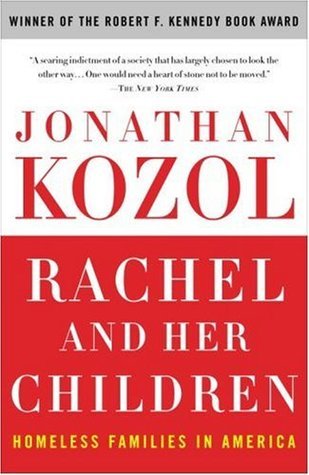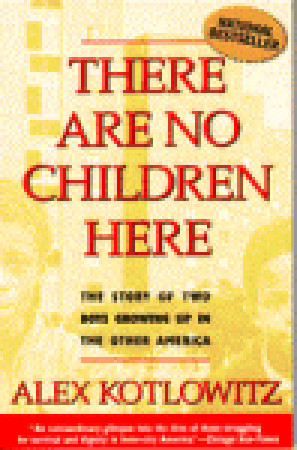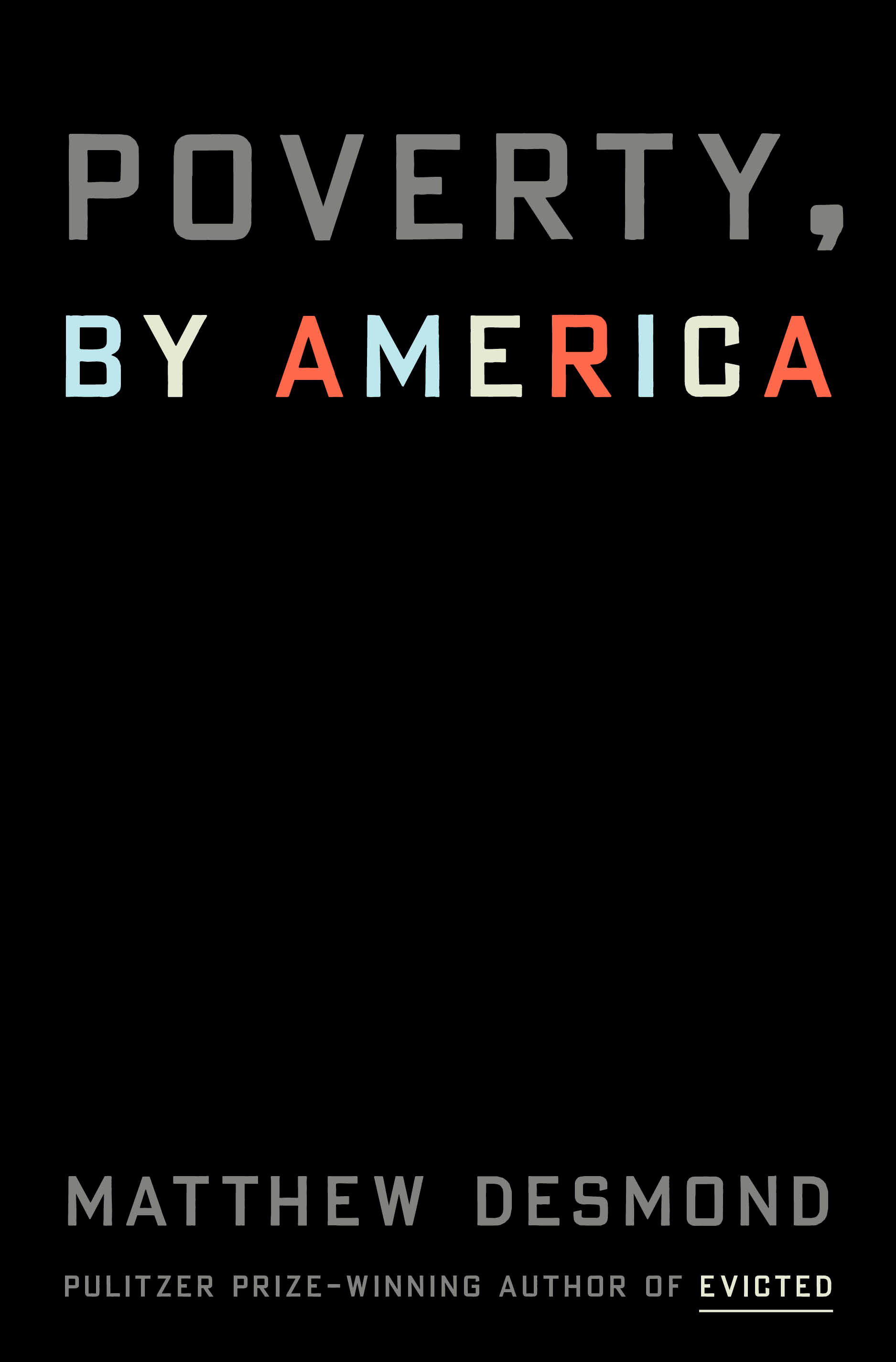
Rachel and Her Children: Homeless Families in America
Book Description
In the shadow of America’s cities, dreams collide with harsh reality. "Rachel and Her Children: Homeless Families in America" unveils the gripping stories of families trapped in a relentless cycle of poverty, navigating the fragile line between hope and despair. With resilience as their only companion, each day becomes a battle for survival, dignity, and love. Kozol’s poignant narrative paints a vivid picture of human struggles, revealing the stark truth behind homelessness while igniting a powerful call to action. How can such brave souls endure the unthinkable and still dare to dream?
Quick Book Summary
"Rachel and Her Children: Homeless Families in America" by Jonathan Kozol is a compelling exploration of homelessness through the eyes of families living at the margins of society. Kozol draws directly from the testimonies and daily lives of parents and children housed in grim shelters and temporary accommodations in New York City. The book exposes the structural failings and bureaucratic barriers that perpetuate cycles of poverty, making it nearly impossible for these families to escape their circumstances. With empathy and compassion, Kozol brings forward individual stories—particularly that of Rachel and her children—and highlights the resilience and enduring hope that persists amidst adversity. Ultimately, the book challenges readers to confront uncomfortable truths about American inequality and inspires urgent calls for policy change and greater societal responsibility.
Summary of Key Ideas
Table of Contents
The Humanization of Homelessness
Jonathan Kozol immerses readers in the lived realities of homeless families in America, centering his narrative on the stories of individuals, especially Rachel and her children. By providing intimate portraits, Kozol humanizes those experiencing homelessness, moving beyond statistics to reveal the complex emotions, dreams, and fears that define their daily existence. The book crafts a vivid picture of what it means to be homeless in urban America, dispelling common stereotypes and fostering empathy among readers.
Systemic Failures and Institutional Barriers
At the core of Kozol’s investigation is the exposure of deep systemic failures. He chronicles the labyrinthine and often dehumanizing processes of welfare systems, inadequate shelters, and indifferent bureaucracies that families must navigate. Bureaucratic inertia, lack of affordable housing, underfunded social programs, and indifference from authorities are shown to perpetuate, rather than solve, the problem. The narrative underscores how these institutional barriers trap families in cycles of despair, making upward mobility almost impossible despite their determination.
The Impact of Homelessness on Children
A significant portion of the book focuses on the unique ways homelessness affects children. Kozol documents the psychological and physical toll homelessness takes: constant hunger, instability, lack of privacy, disruption in education, and the erosion of self-esteem. Through candid interviews and observations, the book illustrates how children’s development, mental health, and outlook on life are jeopardized, threatening their future prospects and perpetuating a multigenerational crisis.
Resilience in the Face of Adversity
Despite pervasive hardship, the families Kozol profiles display extraordinary resilience. Amidst adversity, parents like Rachel fight tirelessly to protect their children and maintain dignity. Acts of kindness, solidarity among residents, and moments of hope surface even in bleak conditions. Kozol highlights the agency, resourcefulness, and persistent optimism of homeless families, showing that adversity does not extinguish the human spirit, but often strengthens it in unexpected ways.
A Call for Social Responsibility
In concluding his account, Kozol presents a passionate call for greater social responsibility and systemic change. He challenges readers—and policymakers—to address the root causes of homelessness, confront societal indifference, and advocate for meaningful reforms. The book argues that a just society must prioritize the needs of its most vulnerable citizens and that overlooking them is a moral failure. "Rachel and Her Children" thus stands as both an exposé and a rallying cry for compassion and action.
Download This Summary
Get a free PDF of this summary instantly — no email required.





